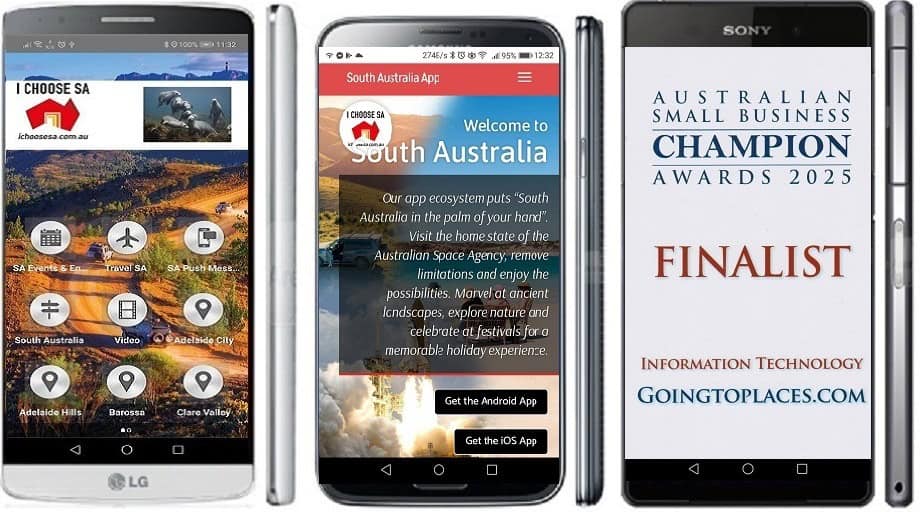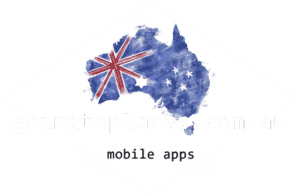Booking a Holiday Should Support Local Business—But Does It?
Digital leakage in tourism! Planning a trip should be an exciting experience. You book a cosy stay, plan your itinerary, and look forward to exploring new destinations. But what if the money you spent never truly reached the people and places making those experiences possible?
South Australia’s business and tourism economy is facing an invisible drain. Every year, millions flow out of the state through online sales through eBay, Temu and bookings made via global travel giants—platforms like Booking.com, Expedia, and Airbnb. While these platforms offer convenience, their commission structures and profit models mean that much of the money spent never returns to the local economy.
Digital Leakage: The Silent Threat to Small Businesses
International booking platforms now control 85–90% of all accommodation bookings in Australia, and their commission rates range from 10–30% per transaction. This is revenue that doesn’t get reinvested into local communities—it goes offshore.
For small tourism operators, this isn’t just a statistic. It means up to 55% of their net profits are lost—not to paying staff wages, not to sourcing local produce, not to supporting community events—but to digital middlemen who provide visibility at a steep price.
This phenomenon is called digital leakage, and it’s creating serious economic consequences: ✅ Less money reinvested in local economies—reducing small business growth. ✅ Strained profitability for operators—forcing businesses into high-cost partnerships with global platforms. ✅ Limited control over pricing—as major platforms dictate rates through algorithms.
South Australia’s tourism sector generated a record $10.2 billion in total visitor expenditure in 2024, with $1.22 billion from international visitors. Yet a substantial portion of this revenue never fully benefits local operators due to platform fees and commission-based booking structures.
Building a Sustainable Future for Regional Business
This model is no longer sustainable if local businesses are to thrive. South Australia must rethink its digital strategies, ensuring more of its tourism dollars stay within the state rather than being redirected overseas.
Some businesses are already pivoting toward direct bookings—offering incentives, streamlining their technology, and finding ways to reduce dependence on global platforms.
🚀 The future of regional tourism depends on reclaiming control over bookings, creating local-first solutions, and ensuring small operators can compete without sacrificing profitability.
In the following articles, we’ll explore an emerging solution that challenges digital leakage head-on—helping South Australian businesses retain more revenue and reinvest locally.





Recent Comments